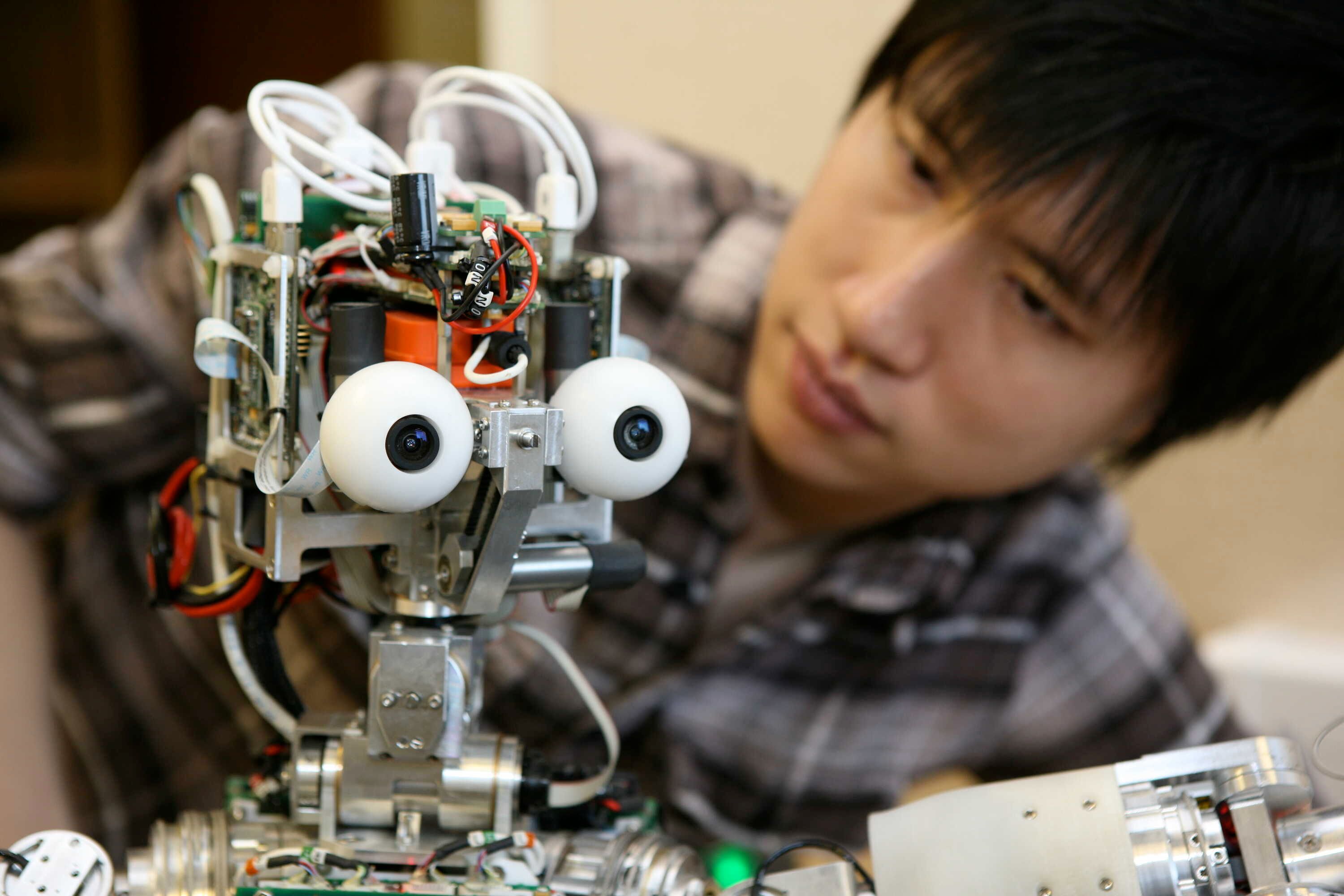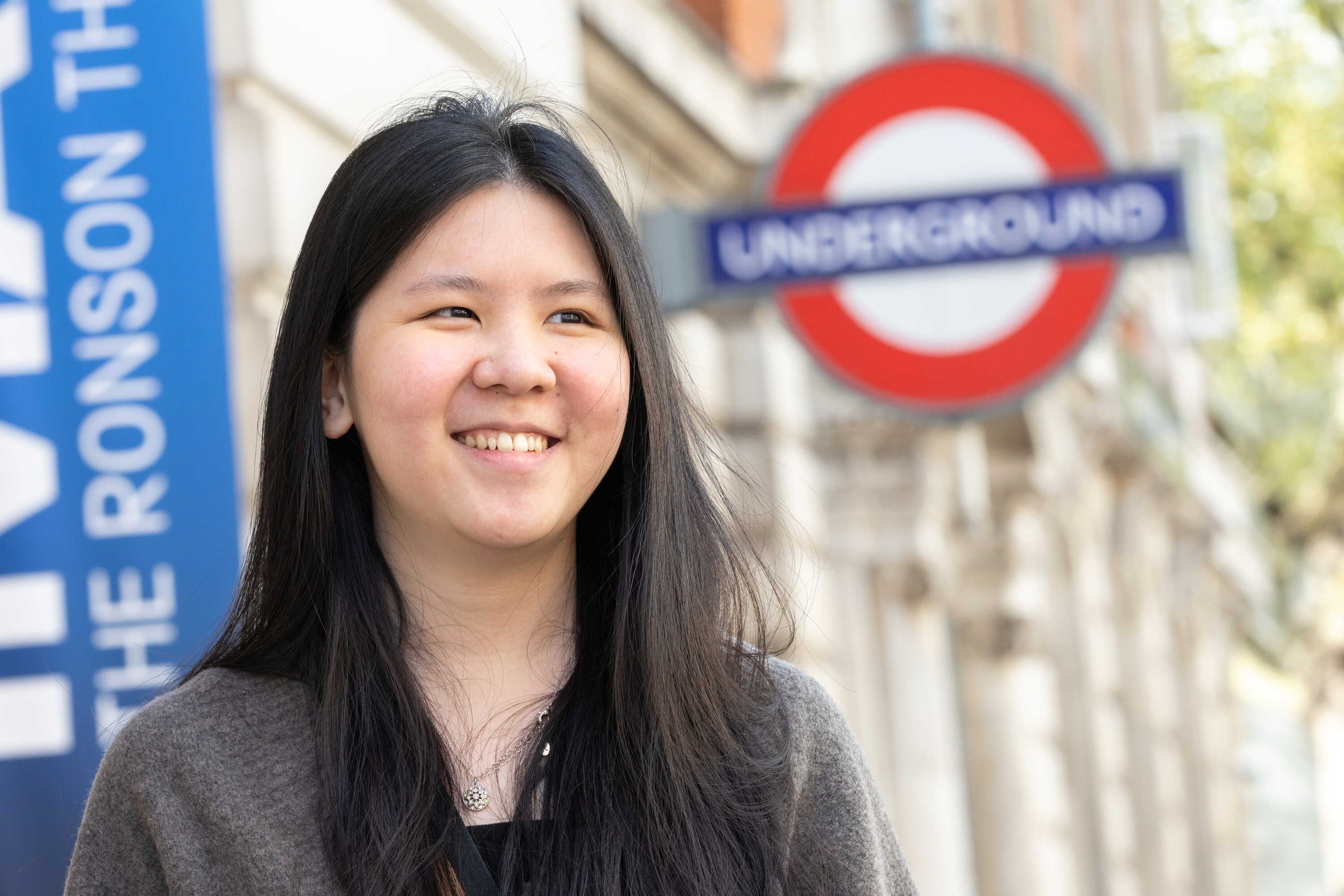
Electrical Engineering
Discover world leading research and innovation in electronics, communications, signal processing, energy, computers, control systems, and machine learning.
Course key facts
Qualification
PhD
Duration
4 years
Study mode
Full-time
Delivered by
Location
-
South Kensington
-
Academic requirements
2.1 MEng degree electrical engineering or a related subject
2.1 BEng degree in Electrical Engineering or a related subject and a Master's degree passed at Merit or higher.
Course overview
Electrical and electronic engineering underpins most of the key technologies of the modern world, and we are at the forefront of tackling the most urgent global challenges in energy, healthcare, security, smart technology and communications.
Our PhD typically takes 3-4 years to complete and gives you the opportunity to undertake a period of in-depth research in a specific topic, to uncover its background, and contribute new insights or develop innovative applications of known science.
Every year between 40-50 students are accepted for the PhD programme in our department from around 350 applicants.
As a PhD student in the department of Electrical Engineering you will belong to one of our five research groups.
Structure
Milestones for the first year of study include:
Within 3 months of starting:
Submit a short research plan, summarising the problem you have been set, and your proposed plan to work on it.
Within 12 months of starting (24 months for part-time):
Submit a report summarising the first year’s work, including courses taken. There is a short oral examination to assess this.
Entry requirements
Degree
An integrated Master's (MEng) honours degree in Electrical Engineering or a related subject, passed at 2.1 or 1st.
OR a Bachelor's (BEng) honours degree in Electrical Engineering or a related subject passed at 2.1 or 1st and a Master's degree passed at Merit or higher.
Footnotes
Outstanding applicants without a Master's may still apply and will be expected to supply clear evidence of compensating factors, such as research and work experience relevant to the research area and/or high-quality publication record. All applications we receive will be evaluated across these dimensions pior to making an admission decision.
Please check the Imperial College entry requirements Entry requirements to ensure you meet the minimum entry criteria for research.
Supervisors
You are advised to familiarise yourself with the Department's areas of research. You might like to contact a potential supervisor before making your application to informally discuss research topics.
It is not necessary to contact a supervisor before applying, but it is highly recommended you indicate in the form the supervisor(s) you wish to work with or we might have to contact you and ask for this information. Keep in mind that formal admissions decisions can only be made after the application has been processed by the College Registry and the Department.
How to apply
Apply online
Applications are considered throughout the year, but as funding is competitive we recommend you apply for scholarships a year in advance of your start date.
As part of the application you will be asked to provide a Research statement, including an indication of potential supervisors. You will more information about how to prepare your research statement on the departmental pages.
It is not necessary to contact a supervisor before applying. You are advised to familiarise yourself with the Department's areas of research.
When to apply
Applications are considered throughout the year but we recommended the following application dates:
- For an October start - apply by 30 June
- For a January start - apply by 30 September
- For an April start - apply by 30 November
- For July start - apply by 30 March
If you are applying for scholarships we advise you apply one year before your intended start date. If you are an international student, consider giving yourself more time for ATAS clearance and visa. You can find more information on the application process on our departmental pages.
Find out more about applying to Imperial.
Apply online through Imperial Gateway using course code: H6ZX.
General information relating to applying to Postgraduate Taught and Postgraduate Research programmes can be found on our Postgraduate Doctoral pages.
Fees and funding
We offer a wide variety of financial support to PhD students, including funding from research councils, research projects, industry. A number of our PhD students receive funding from either Imperial College scholarships, or Department of Electrical and Electronic Engineering / EPSRC awards.
We have a number of scholarships for outstanding PhD applicants each year to support you through your PhD studies including the Maria Petrou Scholarship for Women.
PhD supervisors can nominate a limited number of their top applicants for funding.
We also have a range of grants and scholarships which you don't need to pay back.
For further information about possible sources of funding please visit our scholarships page.
Scholarships
Further links
Success Guide
The Success Guide for postgraduate students offers you advice and resources to excel at Imperial College London.

Support for International Students
We provide specialist immigration advice and run a programme of webinars, trips and events to foster integration, friendship and community.

Centre for Academic English
Throughout your degree, you can take advantage of a range of CfAE courses and resources designed to help you communicate your STEMM research effectively.

Library services
Your subject librarian can help you find books and access online resources

Terms and conditions
There are some important pieces of information you should be aware of when applying to Imperial. These include key information about your tuition fees, funding, visas, accommodation and more.